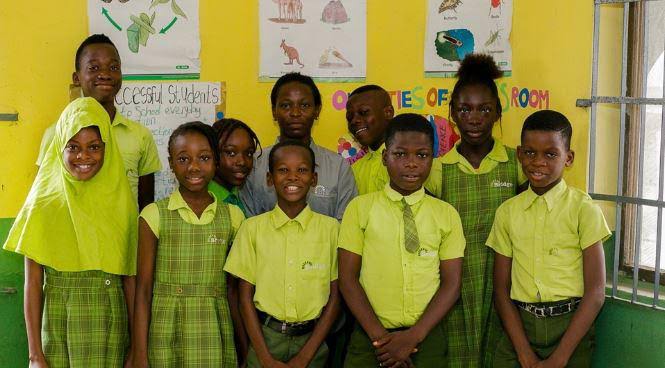Breaking Barriers: Expanding Access to Quality Education for Every Nigerian Child

Breaking Barriers: Expanding Access to Quality Education for Every Nigerian Child
Education is one of the most powerful tools for breaking the cycle of poverty and creating opportunities for a brighter future. In Nigeria, millions of children still face barriers to accessing quality education, whether due to poverty, lack of infrastructure, cultural practices, or insecurity. For a nation as vast and promising as Nigeria, ensuring that every child receives a proper education is not just a social responsibility—it is the foundation for sustainable development and national growth.
Access to education goes beyond opening classroom doors; it means providing children with a safe, inclusive, and supportive environment where they can learn, grow, and thrive. Yet, many Nigerian children are denied this opportunity. Some walk long distances to poorly equipped schools, others sit in overcrowded classrooms without textbooks, while a significant number are out of school entirely. The consequence is that countless children are left behind, unable to develop the skills they need to participate meaningfully in the economy or society.
Breaking these barriers requires a collective effort. Government, communities, private organizations, and individuals all have a role to play. Policies must focus not only on enrollment but also on retention and quality. Schools must be adequately staffed with trained teachers, equipped with learning materials, and supported with modern technology. When children are given the tools to learn effectively, they build confidence, critical thinking skills, and creativity that will serve them for life.
Equally important is addressing the economic and social challenges that prevent children from attending school. Many families keep their children out of school because of the cost of uniforms, books, or even because they need them to contribute to household income. Programs such as scholarships, school feeding initiatives, and community support systems can reduce these burdens and encourage parents to send their children to school. Girls, in particular, face unique challenges, from early marriage to gender stereotypes, making it vital to create policies and safe learning environments that empower and protect them.
Expanding access to education also means embracing innovation. Digital learning platforms, radio lessons, and community libraries can reach children in remote areas where schools are scarce. By combining traditional teaching with modern solutions, Nigeria can overcome geographical and infrastructural barriers to learning.
When a Nigerian child is educated, it goes beyond personal success. An educated child becomes an empowered adult who contributes to society, supports their family, and drives community progress. The future of Nigeria lies in its children, and expanding access to quality education is the surest way to secure that future. Breaking barriers in education is not only about changing today—it is about building a nation where every child, regardless of background or circumstance, has the opportunity to reach their full potential






